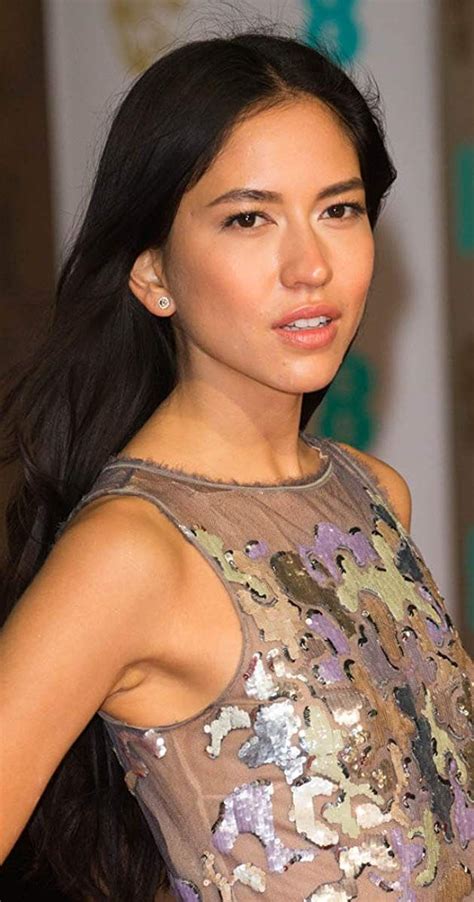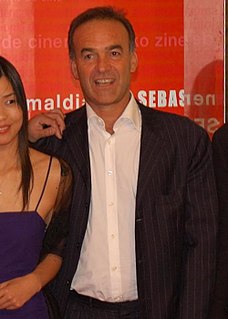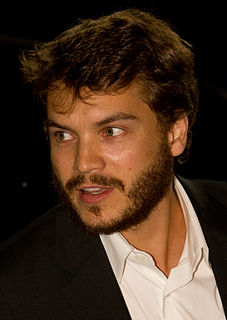A Quote by Cate Blanchett
The more you do it, the more you learn to concentrate, as a child does, incredibly intensively and then you sort of have to relax. I remember the first film I did, the lead actor would in between scenes be reading a newspaper or sleeping and I'd think, 'How can you do that?'
Related Quotes
Acting is one element in a film. Directing is sort of the painter using all of those elements - sound and music and camera and putting it all together. And that can be fun and exciting. If you fail, it's incredibly upsetting - much more upsetting than when you're an actor. But when you succeed it's incredibly, incredibly exciting, so I like the risk of it all.
You know so many documentaries now are very carefully scripted before you start, and then people are sort of put in chairs which are beautifully lit, and they tell their stories and you do that with another 10 people and you then construct a story from what they say. You do a sort of paper thing, and then you put some images in-between, and that's your film. And that's so not what I think is a good documentary. It can be so much more than that, it should be much more of an adventure and much more uncertain... like real things are.
Originally the structure was . . . a modern narrator who would appear intermittently and talk about his memories of his grandmother, which would then be juxtaposed against scenes from the past. But the stories from the past were always more interesting that the things in the present. I find this almost endemic to modern plays that veer between past and present. . . . So as we've gone on developing GOLDEN CHILD, the scenes from the past have become more dominant, and all that remains of the present are these two little bookends that frame the action.
There is a wonderful book called "Gandhi's Truth," by Erik Erikson, the psychologist. It is a great book. And I remember reading that and thinking about this connection between what we think in our personal lives and how that manifests itself in our politics. Those are two books, just off the top, that I think are sort of representative of reading that I did at that time. I never get a chance to read anymore.
I remember, at one point, I was actually studying it kind of intensively around 2001, when Hrithik Roshan was big. I wanted to learn more about it, as I've always been intrigued by the craft of Bollywood, in that how well they were shot in glorious widescreen. I would actually go to see Bollywood films in the theaters in New York and New Jersey.
That's really good for an actor - to like the people behind the scenes - because then you treat the camera differently. If you really like someone who's shooting you, you're more open. You're not defensive, you're more relaxed, and I think that translates into a more interesting, natural performance.
The amount of preparation I saw from someone like [David] Fincher, and how aware he is of everybody else's job on the set, and how much respect he has for every aspect of the film, and every aspect of the frame - that's the type of actor I am now; it's not the type of actor I was then. But without understanding his process, and then coming to learn it later on, I would never be the actor I am now.
I was in a store in Halifax, Nova Scotia that I love, sort of like an environmental friendly sort of store. But they had a great book section. So I went in there all the time. The woman who worked there - which I feel so bad; I've forgotten her name - she handed me the book and she said, "Hey, you should read this. I think it would make a good movie." I remember reading the back of it and I was like, "Huh." Then I just devoured the book and I was so moved by it and said, "Why don't we start developing this into a film?" So that's how it ['Into the Forest'] all started.


































